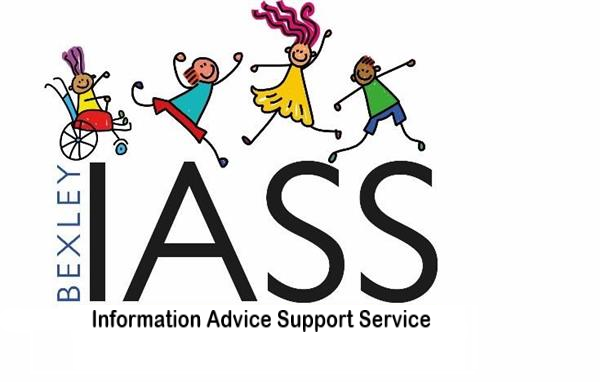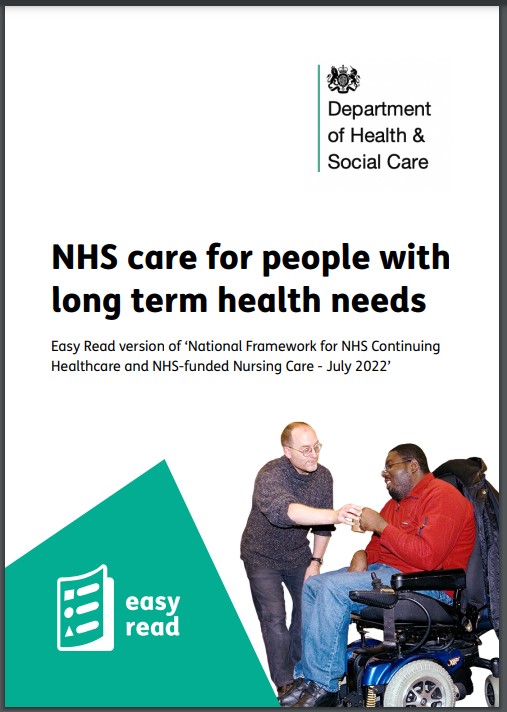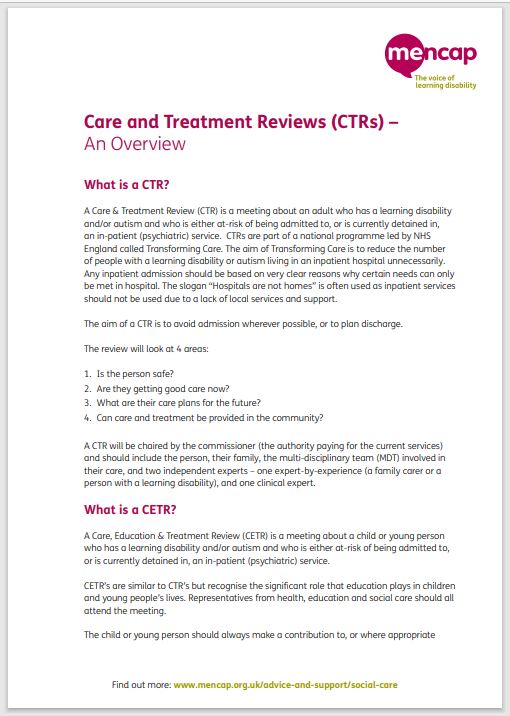Your Health
We have always been aware of the benefits of physical activity in keeping healthy and mentally well.
The Government have produced guidelines in 2022 to support disabled children and young people to be more active
The guidance, which recommends daily levels of physical activity, will support disabled children and young people to improve their physical and mental health throughout their lives.
The guidelines are underpinned by research from Durham University, University of Bristol and Disabilities Rights UK, and the infographic here has been co-produced with disabled children, young people and their families.
You can find a link to the new guidelines here: Supporting disabled children to be more active
To find local sports, activities, sport & leisure in Bexley please click here for the Bexley Local Offer
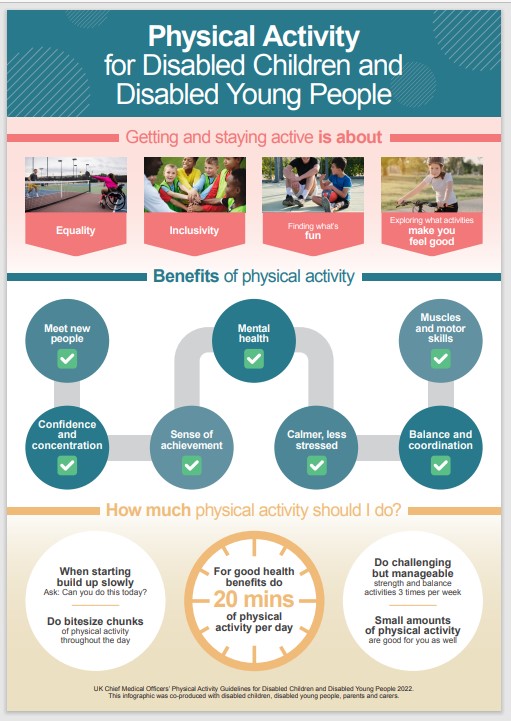
The Annual Health Check
Your Annual Health Check
If you are over 14 years of age and you have a Learning Disability you can ask your parent carer to book an appointment at the GP for an Annual Health Check.
An annual health check helps you stay well by talking about your health and finding any problems early, so you get the right care.
The document below will explain everything you need to know about the Annual Health Check
You can also watch our helpful video (2.02 minutes)
The Learning Disability Register
What is the learning disability register?
The learning disability register is a list of people who have learning disabilities. Doctors use it to make sure that people with learning disabilities get the right support in the right ways.
People with learning disabilities don’t always get the right help with their physical and mental health.
Being on the learning disability register tells healthcare staff that they need to adapt their support and care to you and your situation.
If you’re over 14 and on the learning disability register you also get a free annual health check to make sure that you are fit and healthy, and that no problems or illnesses have been missed. This is also a good chance to get to know your doctor better.
How do I get on the learning disability register?
Speak to your GP practice to check if you are on the register. The register is for anyone with a learning disability, including mild learning disabilities. Children with learning disabilities can also join the register.
If you aren’t on your GP’s learning disability register, staff at the GP practice can add your name for you. You will need to make an appointment to tell your doctor that you have a learning disability.
Below you will find a letter to give to your GP, just download and take along to the GP.
Please find below a short video explaining what the Learning Disability register is (1.38 minutes)
What will happen once I’m on the learning disability register?
- You will get better, clearer support with your health
- You will be eligible for your priority Covid-19 vaccination
- You will get extra support when you visit your GP, and for making appointments
- Staff at your GP surgery will make sure that the information you’re given is clear and easy to understand
- If you’re over 14, you’ll receive an annual health check.
Continuing Care: What does this mean?
Continuing Care: Under 18 years of age
A continuing care package will be required when a child or young person has needs arising from disability, accident or illness that cannot be met by existing universal or specialist services alone.
1. Some children and young people (up to their 18th birthday), may have very complex health needs. These may be the result of congenital conditions, long-term or life-limiting or life-threatening conditions, disability, or the after-effects of serious illness or injury (Annex A provides more information on these types of need).
2. These needs may be so complex, that they cannot be met by the services which are routinely available from GP practices, hospitals or in the community commissioned by clinical commissioning groups (CCGs) or NHS England. 1) A package of additional health support may be needed. This additional package of care has come to be known as continuing care.
3. Continuing care is not needed by children or young people whose needs can be met appropriately through existing universal or specialist services through a case management approach
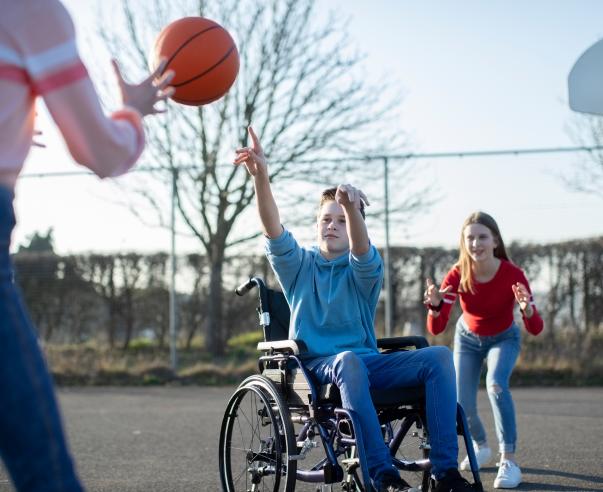
Continuing Care: Over 18 years of age
NHS continuing healthcare is the name given to a package of continuing care which is, arranged and funded solely by the NHS, for people with ongoing healthcare needs who meet the National NHS continuing healthcare eligibility criteria.
If you are eligible, you can receive free NHS continuing healthcare in any setting, such as:
– In your own home: services from a community nurse and personal care, such as help with bathing and dressing
– In a care home: as well as healthcare and personal care, the NHS will pay for your care home fees, including board and accommodation.
Eligibility:
To be eligible for NHS continuing healthcare, your main or primary need for care must relate to your health.
For example, people who are eligible are likely to:
– Have a complex medical condition such as dementia that requires a lot of care and support
– Need highly specialised nursing support
– Someone nearing the end of their life is also likely to be eligible if they have a condition that is rapidly getting worse and may be terminal.
Personal Healthcare Budgets:
If you are eligible for NHS funded continuing healthcare, you may also wish to have a Personal Healthcare Budget.
You can discuss this further with your Continuing Healthcare Team.
For those over the age of 18 with a learning disability living in Bexley specialist community health services are available and you can be referred in by your GP or relevant health professional : Bexley Adult Learning Disability Team | Bexley Local Offer.
For more information in an Easy Read format please click on the image to your right or on the link provided below to open the NHS EASY READ booklet on Continuing care.
Care, Education & Treatment Reviews (CETR) and the Dynamic Support Register (DSR)
What is a Care, Education & Treatment Review (CETR)?
A CETR is a meeting.
It is organised when a child or young person who has a learning disability or autism is considered to be at risk of a mental health inpatient hospital admission.
The CETR brings together those responsible for commissioning and those providing services alongside the young person and their family or carers. They seek the views and experience of the family and carers and the young person themselves to ascertain whether or not all system resources have been maximised to support the young person to remain in their local community.
They also seek to understand how local services are able to support the young person and identify and barriers to accessing that provision. They make suggestions as to any other options or opportunities which could help the young person live and thrive in the community.
Please click on the document to your right to access the Mencap overview of a CETR.
What is the Dynamic Support Register (DSR) ?
Many children and young people known to the Special Educational Needs Disabled Children’s services will not require Care, Educational and Treatment Reviews (CETRs) and will live full and active lives in the community and/or in residential settings without being at risk of admittance to a learning disability or mental health hospital bed.
Once identified and placed on the Dynamic Support Register (DSR), each child is ‘RAG’ rated according to their current risk.
The criteria used are as follows:
Red
This will include Young People who are at imminent risk of being admitted to hospital; displaying signs of challenging behaviour that are significantly challenging family and existing support services
Amber
A child or young person who is starting to display challenging behaviour which existing services are struggling to manage; these behaviours are at such a stage that a multidisciplinary team meeting, or a review of their current services.
Green
A child or young person who has previously been in a learning disability or mental health inpatient setting but is currently in the community or a residential placement and there are no concerns.
For more information on both the CETR and the DSR please click on the Easy Read document above.
For more Information.....
If you need any further information about what is available for you in the local area, please contact the Bexley Local Offer:
The SEND Local Offer is for Special Educational Needs and Disabilities (SEND) for children and young people aged 0-25.
- offers information in a single place on education, health and social care
- is accessible by website, telephone or email
- helps children, young people and their families to understand what services and support they can expect from a range of local services and organisations
- includes information about statutory entitlements
